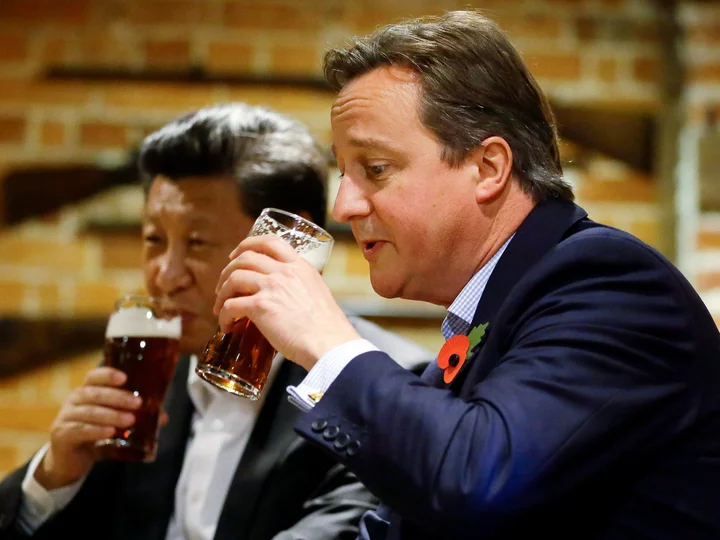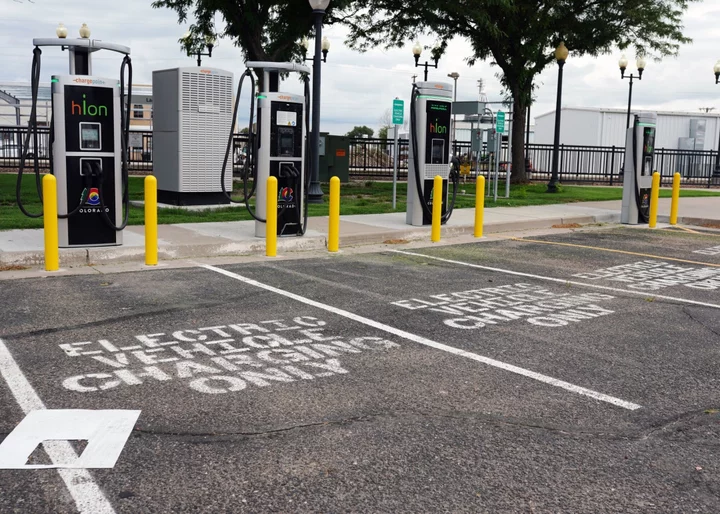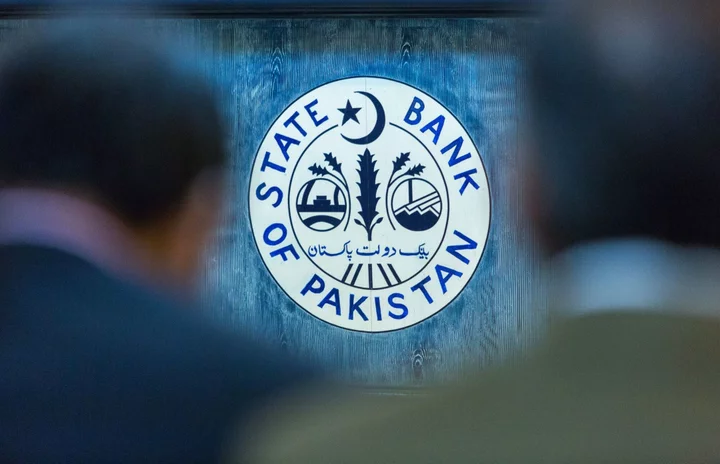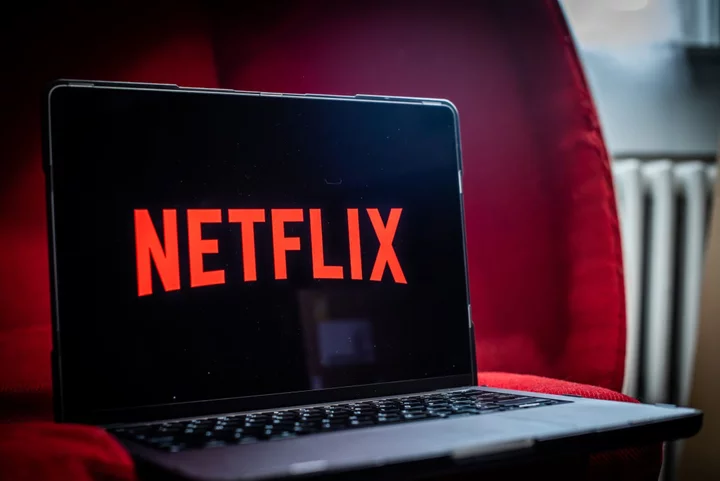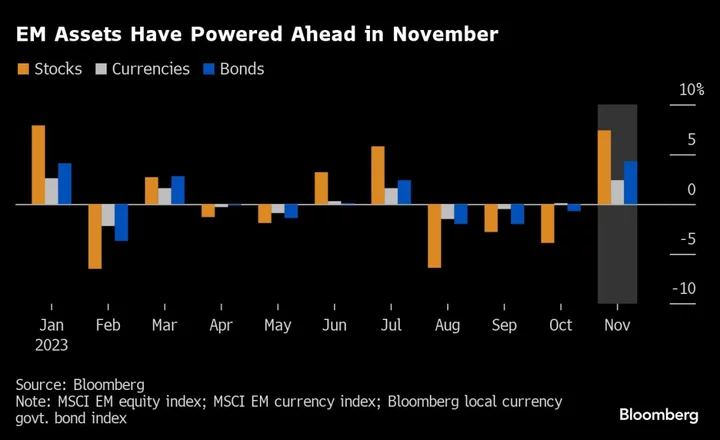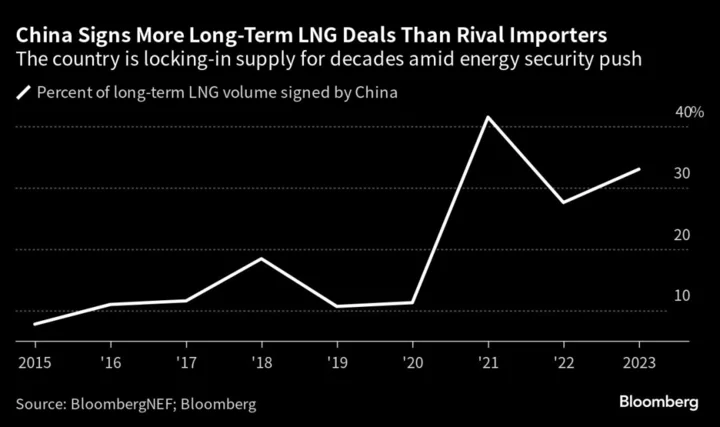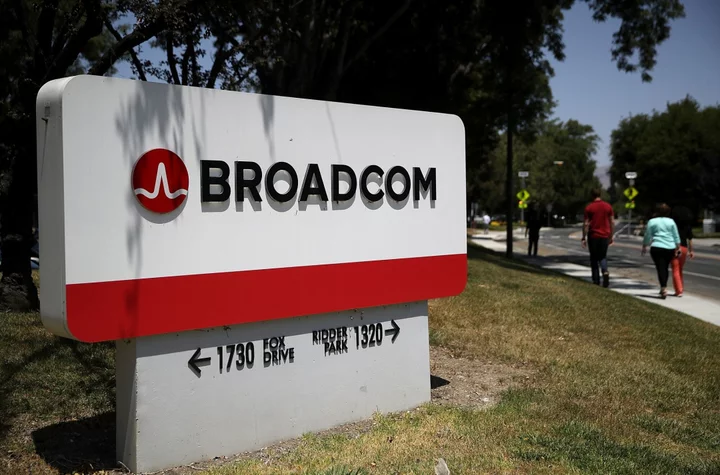David Cameron’s appointment as British foreign secretary has provoked criticism of the former premier’s warm relationship with China, a closeness that is at odds with the current skeptical stance of Rishi Sunak’s Conservative Party.
Cameron famously heralded a “golden era” in relations with China when he was prime minister back in 2015, hosting President Xi Jinping on a state visit when they enjoyed a beer together and took selfies in what would later be seen as a high-point in bilateral ties.
But the British government’s relationship with Beijing has deteriorated in recent years over controversies including the suppression of civil liberties in the former British territory of Hong Kong, allegations of human rights abuses in Xinjiang province, and concerns over China as a security threat. In a major foreign policy speech last year, Sunak said China was a “systemic challenge to our values and interests.”
“David Cameron will find Parliament has changed a lot when it comes to China,” Alicia Kearns, Tory chair of the Foreign Affairs Committee, said in an interview. “Relations with China are our foremost challenge and he is going to have quite a challenge getting foreign policy into the place where it needs to be going forward.”
Kearns’s remarks are reflective of the wider unease Cameron’s appointment may spark among a China-skeptic wing of the party that’s grown increasingly vocal in recent years, and includes a number of lawmakers slapped with Chinese sanctions in March 2021. They include former party leader Iain Duncan Smith and Tom Tugendhat, who now serves in Sunak’s cabinet as security minister.
Chinese Foreign Ministry spokeswoman Mao Ning congratulated the UK on choosing a new foreign secretary, adding at the regular press briefing in Beijing on Tuesday that both sides should “promote the healthy and stable development of China-UK relations.”
Since quitting as prime minister in 2016 after he called and lost the Brexit referendum, Cameron has been involved in various China-related initiatives, including working to set up a $1 billion UK-China investment fund aimed at supporting Xi’s flagship Belt and Road Initiative. He also lobbied for foreign investment for the Colombo Port City project in Sri Lanka, which is backed by China, according to reporting by Politico.
Cameron, on Monday told broadcasters that he’d given up his outside interests on accepting the new post. “Today I resigned from all of those things, all of the businesses I’ve been helping and all the other things I’ve been doing,” he said. “That all stops, I now have one job as foreign secretary of the United Kingdom.”
Sunak’s spokesman, Max Blain, meanwhile, told reporters that Cameron would have to make the “normal transparency declarations.”
While prime minister between 2010 and 2016, Cameron oversaw an openness to Chinese investment including China taking a stake in the Hinkley Point nuclear power station.
In recent years the UK has been working to squeeze China out of critical national infrastructure, such as stripping Huawei Technologies from Britain’s fifth-generation telecommunications networks. That’s in part a response to US pressure on Britain and other European allies to take a tougher line on the Asian nation, an approach that’s caused some discomfort among European leaders wary of disrupting interlinked supply chains.
The European Union has also been de-risking from China by reducing its dependency in critical sectors and supplies, as well as mitigating Beijing’s ability to get its hands on advanced technologies that could be used for military purposes.
Nevertheless, total UK-China trade has surged in recent years, from some $80 billion in 2015 under Cameron to $132 billion last year when Sunak became prime minister. James Cleverly, whom Cameron replaces at the Foreign Ministry following the cabinet reshuffle, made a visit to China in August, when he sought to repair some of the damage done to bilateral ties since their heyday under Cameron.
Cameron’s involvement in the UK-China investment fund was criticized in a report by Parliament’s Intelligence and Security Committee earlier this year. The report said it was “possible” that Cameron’s role was “in some part engineered by the Chinese state to lend credibility to Chinese investment, as well as to the broader China brand.”
Luke de Pulford, executive director of the Inter-Parliamentary Alliance on China, a group that campaigns on issues relating to China, said Cameron’s appointment is likely to lead to Britain downplaying disagreements with China and seeking closer commercial ties.
“It’s hard to see who wins from the appointment except Beijing,” de Pulford said by phone. “Cameron is not respected as a strong negotiator in Beijing, he’s known as one of them, somebody who’s very willing to open up critical national infrastructure in the UK.”
But Blain told reporters that Sunak has been “extremely clear on the need to be clear-eyed on the unique challenge posed by China,” and that Cameron would be taking that approach going forward.
--With assistance from Ellen Milligan.
(Updates with comments from China’s Foreign Ministry.)

